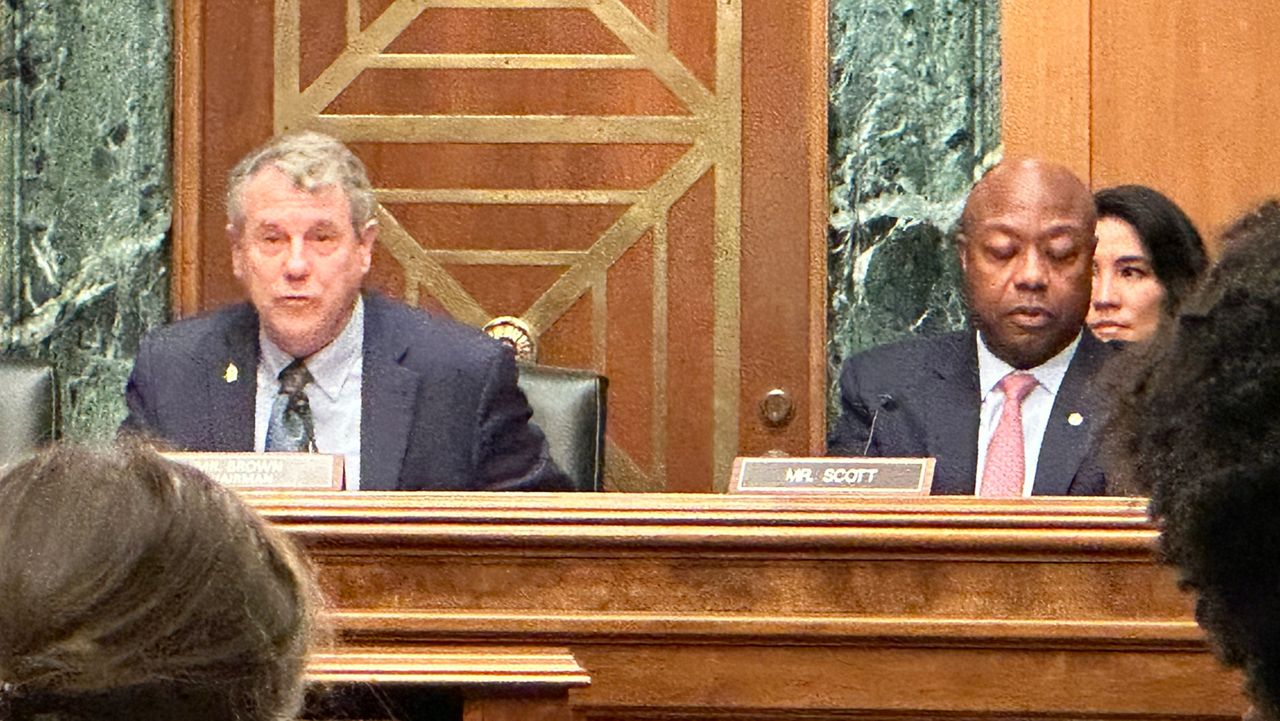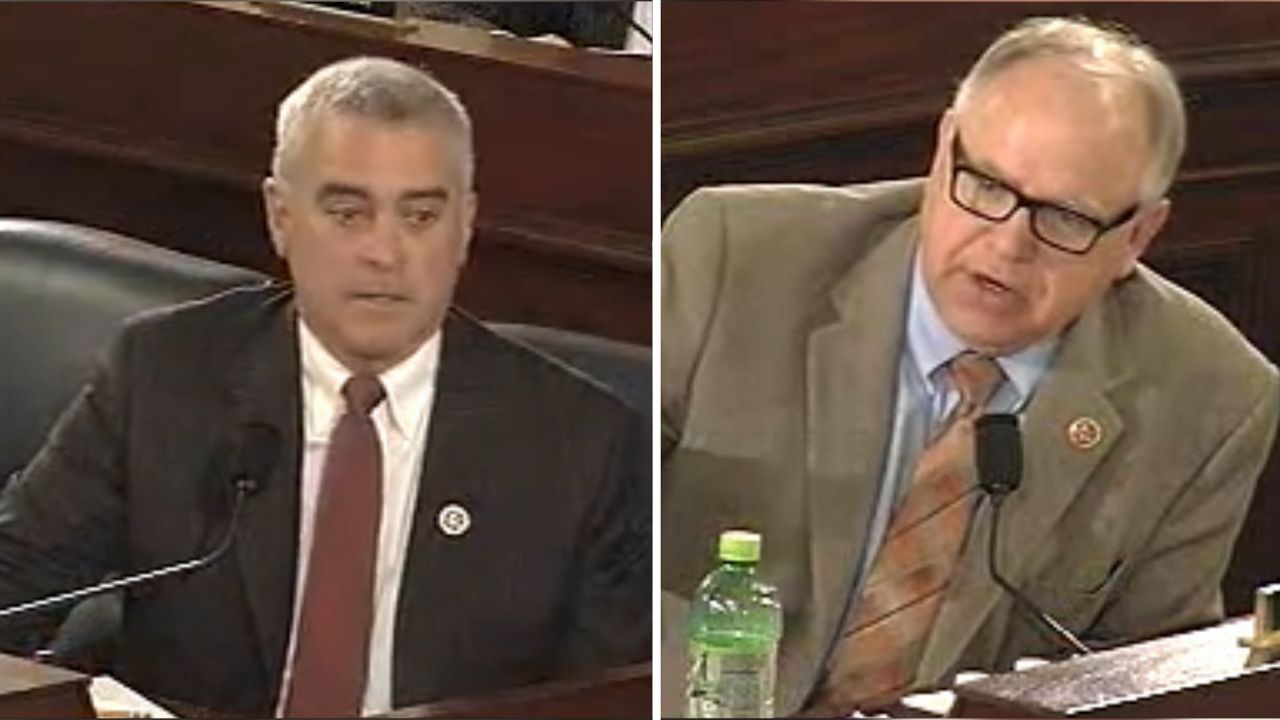WASHINGTON, D.C. — Federal district court judges have halted a number of President Donald Trump’s policies, drawing criticism from Republicans. In a joint hearing of the House Judiciary and Oversight committees on April 1, Republicans sought to rein in the federal judges.
With a Republican majority in both chambers of Congress, the judiciary has become the primary check on Trump’s agenda. The attention on federal rulings has highlighted an ongoing tension inherent in the separation of powers—in this case, the judicial branch checking the power of the executive branch.
What You Need To Know
- House Republicans criticized multiple injunctions against President Trump's executive orders in a joint Judiciary and Oversight Committee hearing Tuesday
- With a Republican majority in both chambers of Congress, the judicial branch of government has become the primary check on Trump’s agenda
- House Republican leadership have said “all options are on the table” to rein in federal judges
Since taking office, Trump has signed more than 100 executive orders. However, many of the orders have been challenged in court, with at least 150 cases filed against the orders. Federal judges have granted preliminary relief, meaning pausing or halting a directive, at least 46 times, according to an analysis by Georgetown University law professor Stephen Vladeck. Halted policies include orders to end birthright citizenship, fire certain federal employees and deport alleged gang members.
The Trump administration and congressional Republicans have criticized the judges who have made the rulings as political activists and argued they were overstepping their authority by issuing nationwide injunctions. There are roughly 677 federal district court judges across the country.
“Clearly a majority of Americans believe that no single district judge should be able to issue a nationwide injunction…They put both Americans and the nation at risk when they intervene to become basically alternative presidents,” former House Speaker Newt Gingrich testified as a witness during the hearing.
Democrats at the hearing pointed out that Republicans, including Gingrich, had no such qualms when district court judges blocked policies that Democrat presidents had pushed through executive orders.
A legal scholar testifying at the hearing added that Trump is facing a large number of court losses simply because many of his orders contradict existing laws.
“Many of the challenged actions have been taken without regard for, and often in outright contempt for, both statutes and the Constitution,” said the scholar, Kate Shaw, who teaches constitutional law at the University of Pennsylvania and is co-director of the Floersheimer Center for Constitutional Democracy.
Still, House Republican leadership have said “all options are on the table” to rein in judges, including legislation to limit federal injunctions.
On Tuesday, Rep. Jim Jordan, R-Ohio, who chairs the House Judiciary Committee, sent a letter to the chairs of the House Appropriations Committee and its Subcommittee on Financial Services. Jordan asked the committees to end funding for federal courts to enforce the injunctions.
Rep. Dave Joyce, R-Ohio, who chairs the Financial Services Subcommittee, did not clarify whether he would honor the request. The moderate Republican wrote in a statement,
“I appreciate Chairman Jordan for sending over the letter. I’m looking forward to working closely on issues pertaining to our nation’s judicial system this Congress. Like him, I agree that the security of our justice system must remain a top priority throughout the appropriations process. As a former prosecutor, I know firsthand how important it is to have a fair system that upholds the separation of powers. As the FY26 appropriations cycle gets underway, we will continue to ensure that taxpayer dollars are used efficiently and effectively.”
The Senate Judiciary Committee is scheduled to hold a hearing on the same issue on Wednesday.
The effort by Republicans to limit judicial power can be a double-edged sword. If successful, it would embolden the actions of all future presidents—both Republican and Democrat.











